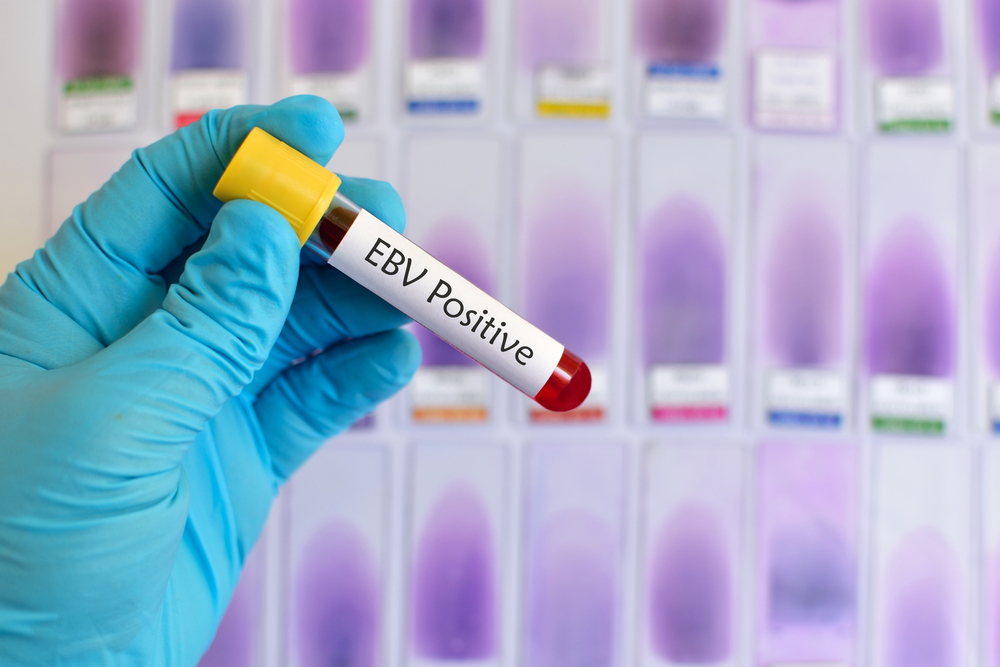Study of Immune System Response to Viral Infection Revives Possibility of Link Between MS and Viruses
Written by |

Researchers investigating immune B-cell response to the Epstein-Barr virus (EBV) and cytomegalovirus (CMV) found that it may correlate with the amount of brain-specific B-cells in the blood — a marker of multiple sclerosis (MS) — and with higher disease activity. The findings were published in the journal Viruses, in a study titled “The Correlation between the Virus- And Brain Antigen-Specific B cell Response in the Blood of Patients with Multiple Sclerosis.”
MS is an autoimmune disease, characterized by the infiltration of autoreactive immune cells into the brain and spinal cord that damage the myelin surrounding nerve cells. Although it is still unclear how the immune cells become activated against the nervous system, it is believed that infectious agents may trigger the development of autoimmune diseases through the production of viral proteins that highly resemble other proteins in the body, turning the immune system against the host proteins.
EBV, also called human herpesvirus 4, is one of the most common of viruses, infecting over 90 percent of individuals before adulthood. A number of studies have suggested a link between EBV infection and MS. Particularly, brain tissue from MS patients contains a substantial proportion of B lymphocytes infected with EBV, and high levels of anti-EBV antibodies in the serum appear to be correlated with an increased risk of developing MS. But a possible correlation between EBV infection and MS has not been established, hampered by the lack of parameters analyzing the reactivity of immune cells against the nervous system upon EBV infection.
The researchers, with the University of Würzburg, Germany, employed a technique called enzyme-linked immunospot (ELISPOT) that allowed them to detect B-cells that were reactive to the brain (immune cells that react with proteins from the brain and are only present in MS patients) in the blood of MS patients, and to directly correlate them with EBV- and CMV-related immune responses.
To correlate the numbers of EBV- and brain-specific B-cells, investigators tested 11 MS patients during relapse and 19 patients in remission, and compared them with 22 healthy controls. Results revealed a moderate correlation between the frequencies of EBV- and brain-reactive B-cells in MS patients in remission, but not in relapse. The B-cell response to EBV was also correlated with disease activity in MS patients.
CMV infection was used as a control for EBV. Sixteen MS patients were analyzed during relapse and 35 in remission, and their data was compared with that of 22 healthy controls. The investigators found a significant correlation between the CMV- and brain antigen-specific B-cell response in MS patients during acute relapses. In addition, an elevated B-cell response to CMV was found to correlate with a higher disease activity.
“These data underline that viral infections might still play an important role in the immunopathology of MS, but the exact link between the two entities remains [a] subject of controversy,” the authors concluded.


